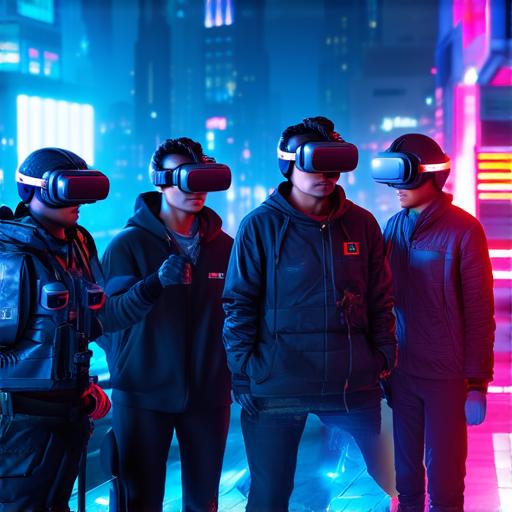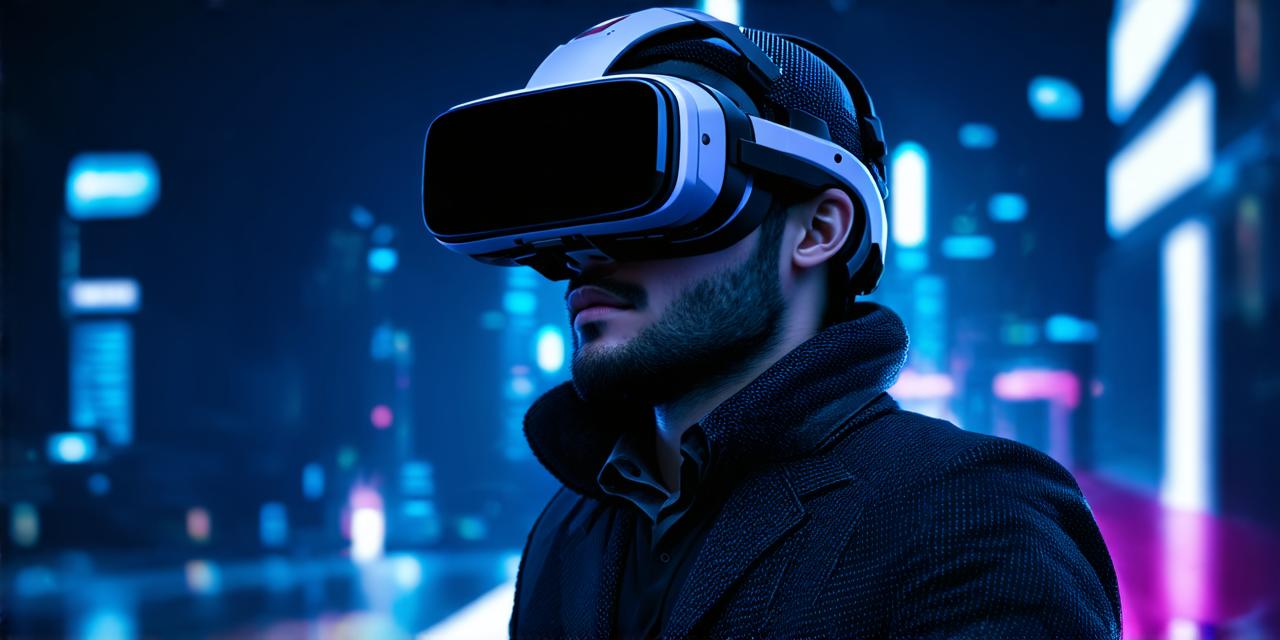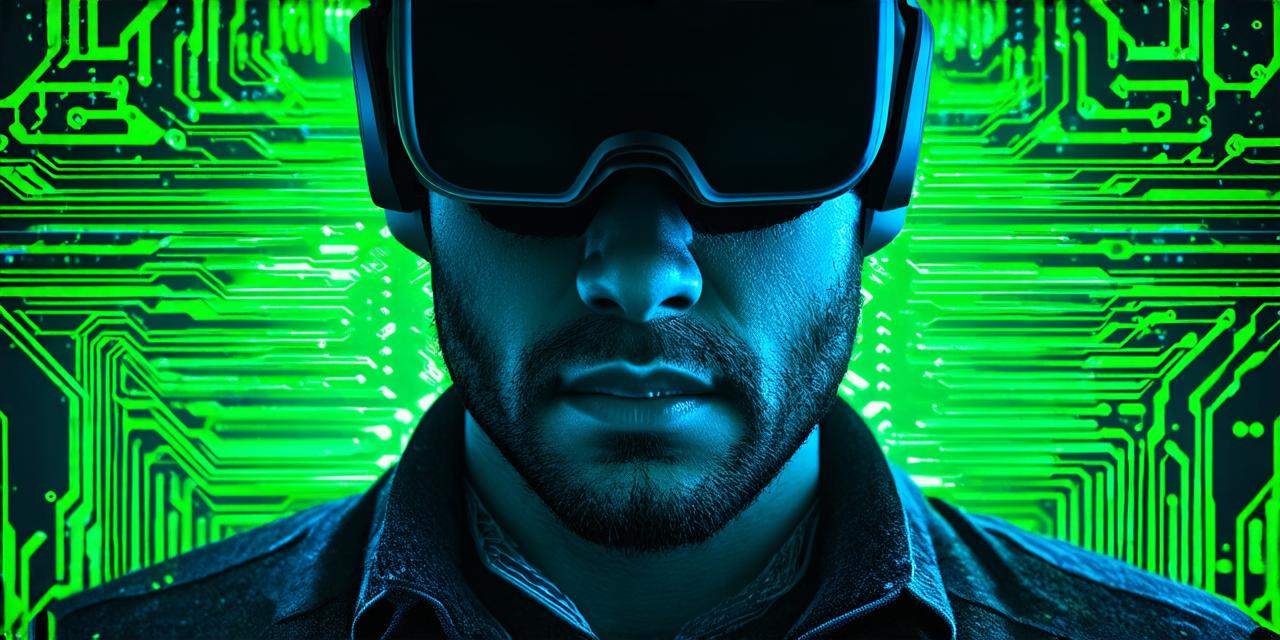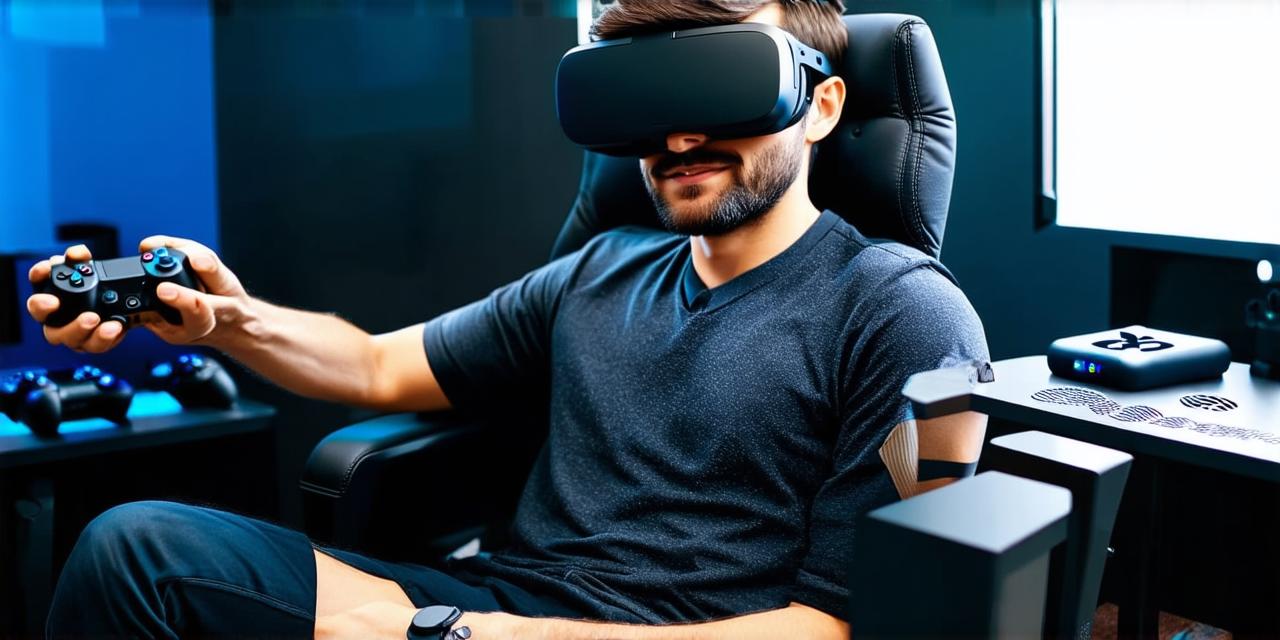Virtual reality (VR) technology has come a long way since its inception, and it’s now poised to transform our world in ways we never thought possible.

Virtual Reality in Gaming
Gaming has always been at the forefront of technological innovation, and VR technology is no exception. With VR, gamers can now experience a level of immersion that was previously impossible. They can feel like they are really part of the game, and this has led to a new era of gaming. Games are now more interactive, and users can feel like they are in control of their own destiny.
Virtual Reality in Healthcare
The healthcare industry is another area where VR technology is poised to make a significant impact. With VR, doctors and patients can simulate medical procedures in a safe environment. This allows for better training of doctors and nurses, as well as improved patient outcomes. Additionally, VR can be used to treat mental health disorders such as PTSD, anxiety, and depression.
Virtual Reality in Education
Education is another area where VR technology has the potential to revolutionize learning. With VR, students can take virtual field trips to far-off places without ever leaving their classroom. They can also experience historical events as they happened, which can help them better understand history. Additionally, VR can be used to create interactive lessons that are more engaging and effective than traditional teaching methods.
Virtual Reality in Real Estate
The real estate industry is also poised to be transformed by VR technology. With VR, potential buyers and renters can take virtual tours of properties without ever having to leave their home. This saves time and money, and it allows for a more personalized experience. Additionally, VR can be used to create 3D models of buildings and cities, which can help architects and urban planners design more efficient and sustainable spaces.
Virtual Reality in Tourism
The tourism industry is another area where VR technology has the potential to revolutionize travel. With VR, users can take virtual tours of famous landmarks and destinations without ever having to leave their home. This allows for a more personalized experience, and it also saves time and money. Additionally, VR can be used to create interactive experiences that allow users to explore destinations in a more immersive way.
Conclusion
Virtual reality technology is poised to transform our world in ways we never thought possible. From gaming to healthcare, education, real estate, and tourism, VR has the potential to revolutionize various industries. As this technology continues to evolve, we can expect even more exciting developments in the future.



